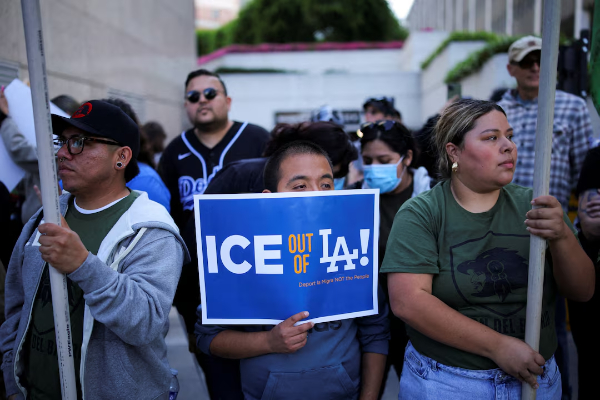
All those million plus Indians waiting for the Green Card, which guarantees permanent residency in the US, need to step back a bit. New changes proposed to the immigration rules would deny applicants the coveted card if officials decide they could become dependent on the state.
Reports say the US Department of Homeland Security (DHS) has already made public its plans for the new conditions underlying the grant of Green Cards. Rules require a mandatory 30-day period so the public can send their views and recommendations before the new rule is implemented.
Some of the conditions the DHS is planning will closely scrutinise age, health, family status, assets, financial resources, education and skills. DHS officials, say reports, will weigh the “totality of circumstances” before making a decision on grant of Green Card.
The changes could give more power to the Citizenship & Immigration Officers to decide who or which person could become a “public charge” or dependent on government benefits. This is in keeping with President Donald Trump’s view that government benefits should not encourage immigration.
Meanwhile, a Newsweek report says a federal court has blocked “significant fee increases” for the EB-5 Immigrant Investor Visa Program, reducing costs for Green Card applicants who rely on this pathway to permanent residency.
The program allows foreign investors to obtain Green Cards by investing in US job-creating enterprises. The action by the court reverts to the earlier lower cost of the EB-5 visa, reducing cost barriers for foreign investors and regional centers invested in US job creation.
The US Citizenship and Immigration Service indicated compliance with the court ruing but underscored that “The Court’s decision is incorrect but are working to implement it.”
The statement indicated disagreement with the Court ruling and hinted that they could appeal against it. There’s also the fact that in future, new rules promulgated by the Federal Government could setback the ruling.




